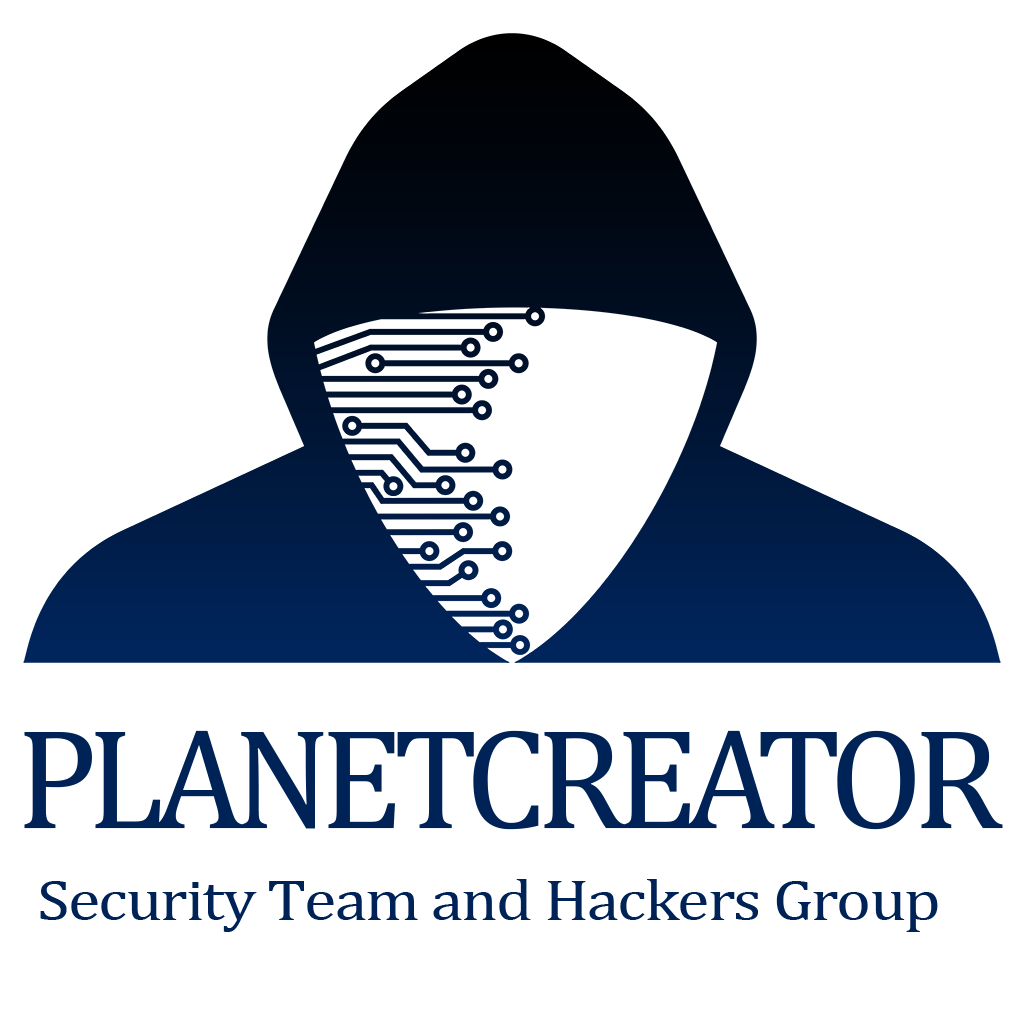Hackers like to subvert computer security without permission. They are cyber criminals. This can mean gaining access to a computer across the Internet for illicit purposes. They might engage in any of the following activities:
* Vandalism—Destruction or digital defacement of a computer or its data for destruction’s sake. Sometimes this is ego-driven. They break in and leave their mark to show they’ve been there.
* Hacktivism—A form of vandalism or electronic civil disobedience with a political agenda. Usually hacktivists have altruistic motives.
* Theft—Gaining access to intellectual or proprietary technology or information, sometimes for resale.
* Hijacking—Many of the financially motivated hackers are interested in using viruses and Trojan horses to hijack your computer so they can remotely control it for their own purposes.
* Identity theft—Electronic theft of personal information that can be used to steal financial resources from an individual or corporation.
* Terrorism—Some experts believe that terrorists will eventually launch an attack using hacking techniques.
